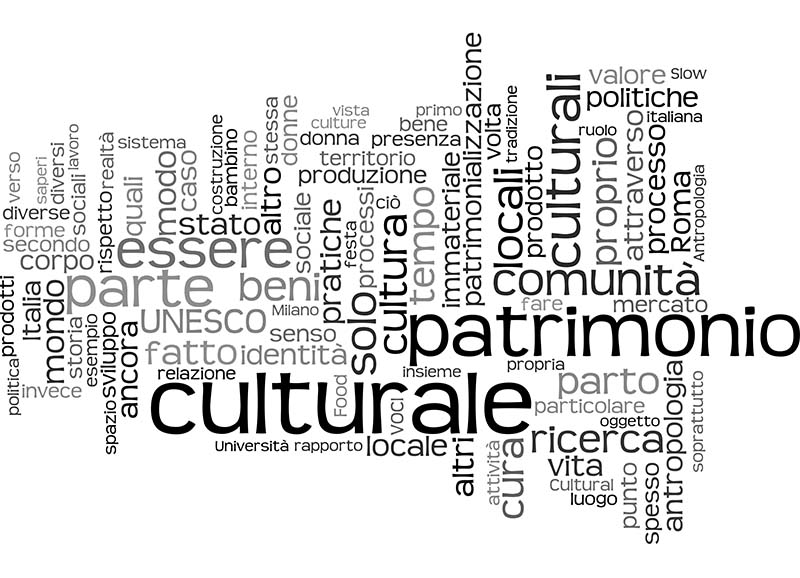

VOCI
Rivista di Scienze Umane
Direttore: Luigi M. Lombardi Satriani
Direttore: Antonello Ricci
Direttore Responsabile: Walter Pellegrini
Comitato Scientifico: José Luis Alonso Ponga, Jean-Loup Amselle, Marc Augé †, Antonino Buttitta †, Francesco Faeta, Abdelhamid Hénia, Michael Herzfeld, Lello Mazzacane, Isidoro Moreno Navarro, Marino Niola, Mariella Pandolfi, Taeko Udagawa
Comitato di direzione: Antonello Ricci (coordinatore), Enzo Alliegro, Katia Ballacchino, Letizia Bindi, Laura Faranda, Mauro Geraci, Fiorella Giacalone, Fulvio Librandi, Maria Teresa Milicia, Rosa Parisi, Gianfranco Spitilli.
Direzione e redazione: Dipartimento di Storia, Antropologia, Religioni, Arte, Spettacolo “Sapienza” Università di Roma, Piazzale Aldo Moro 5, 00185 Roma
e-mail:
Coordinamento editoriale: Marta Pellegrini
e-mail:
Distribuzione: GRUPPO PERIODICI PELLEGRINI Via Camposano, 41 - 87100 COSENZA Tel. 0984 795065 - 0984 27229 – Fax 0984 792672
E-mail:
Siti internet: www.pellegrinieditore.it www.pellegrinilibri.it
Registrazione n. 525 Tribunale di Cosenza Iscrizione R.O.C. n. 316 del 29-08-2001 ISSN 1827-5095 Abbonamento annuale € 40,00; estero E 87,00; un numero € 40,00 (Gli abbonamenti s’intendono rinnovati automaticamente se non disdetti 30 gg. prima della scadenza) c.c.p. n. 11747870 intestato a Pellegrini Editore - Via G. De Rada, 67/c - 87100 Cosenza I dattiloscritti, le bozze di stampa e i libri per recensione debbono essere inviati alla Direzione. La responsabilità di quanto contenuto negli scritti appartiene agli autori che li hanno firmati. Gli articoli non pubblicati non vengono restituiti.

